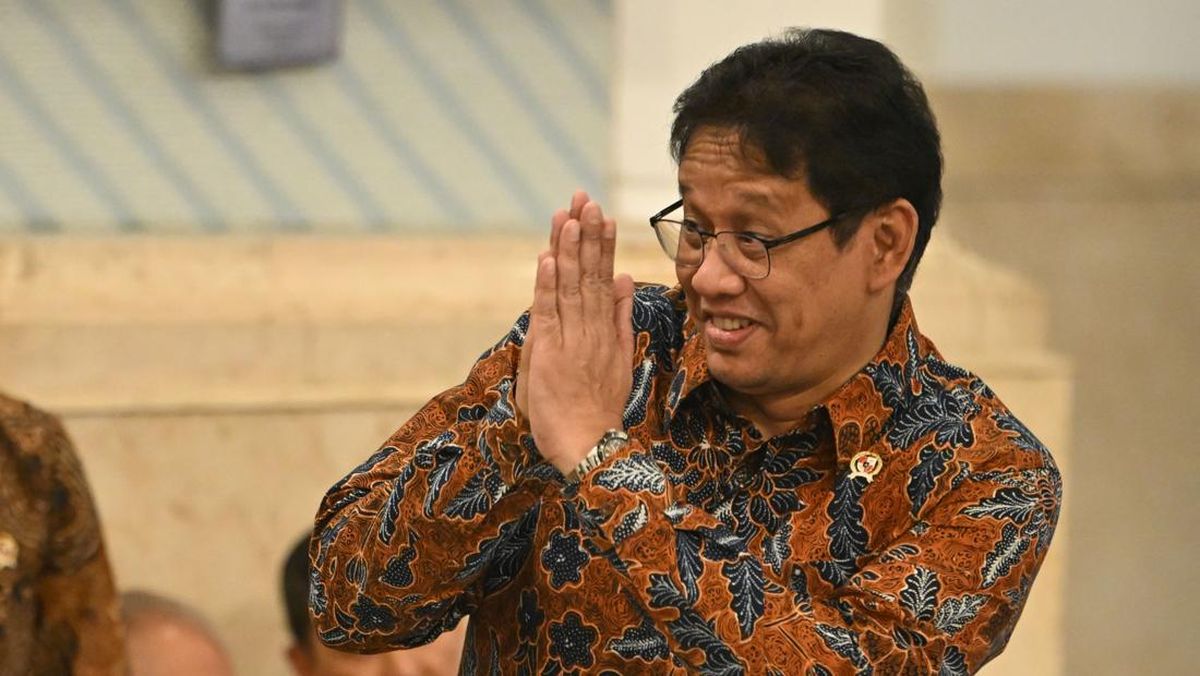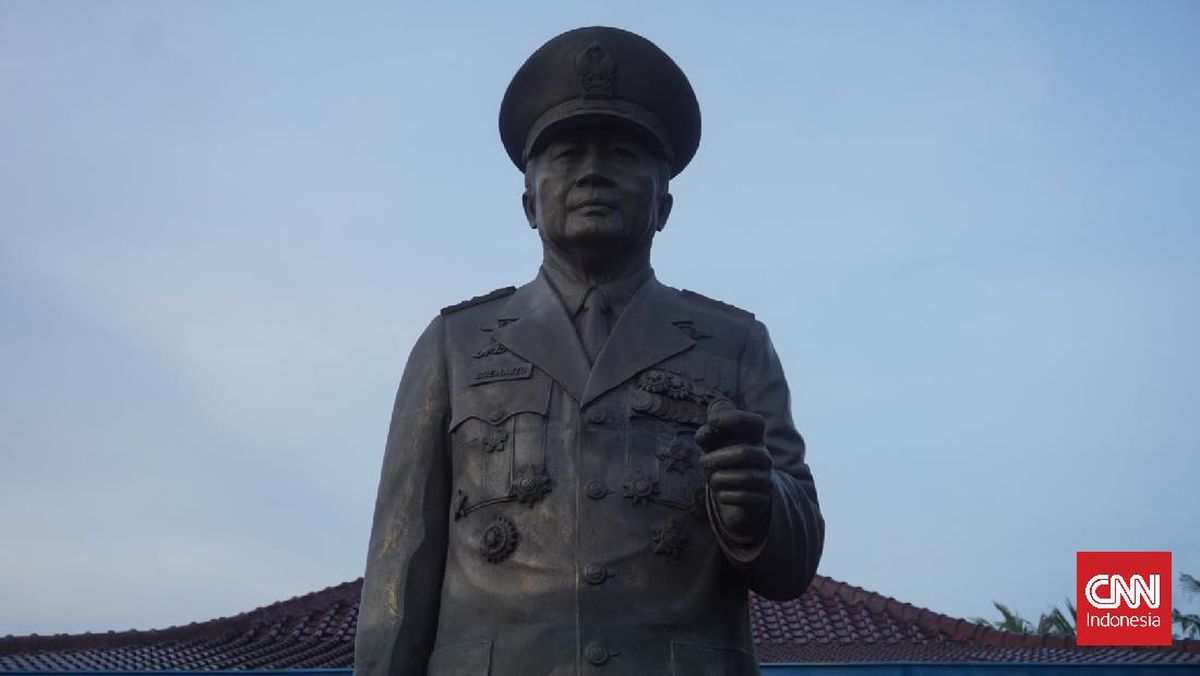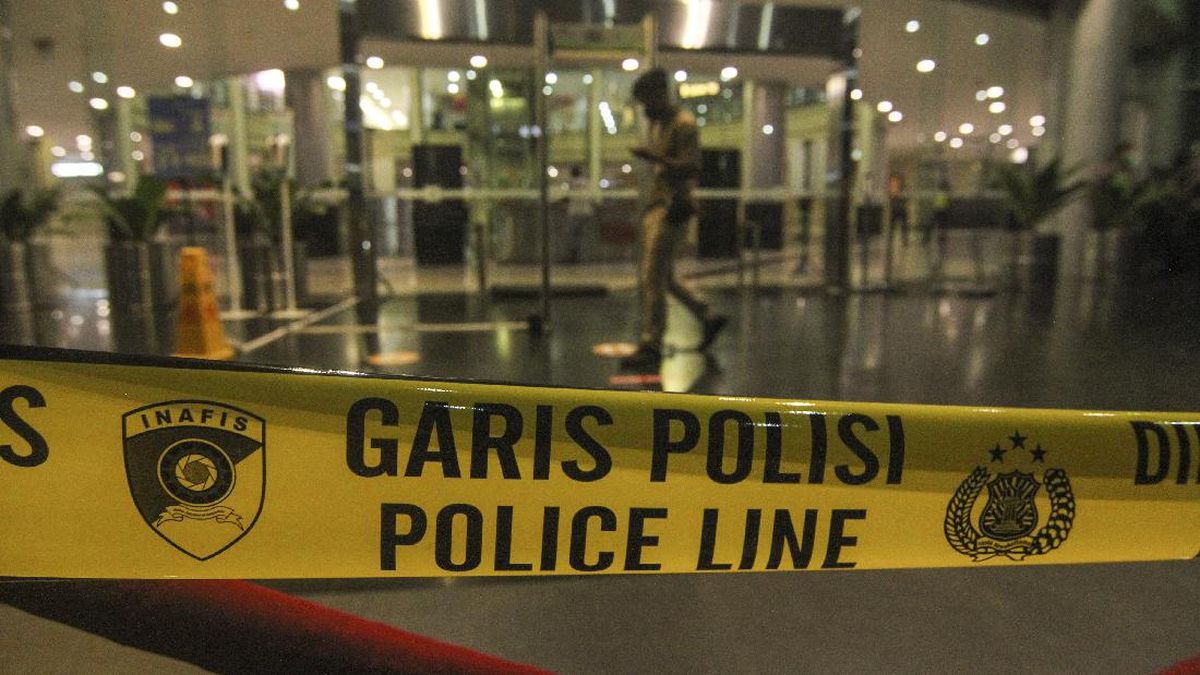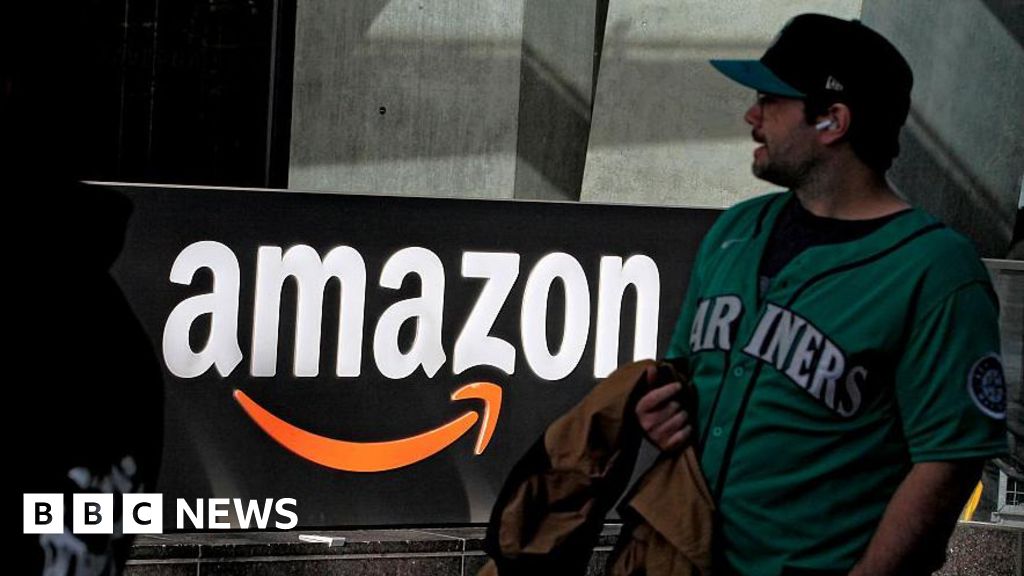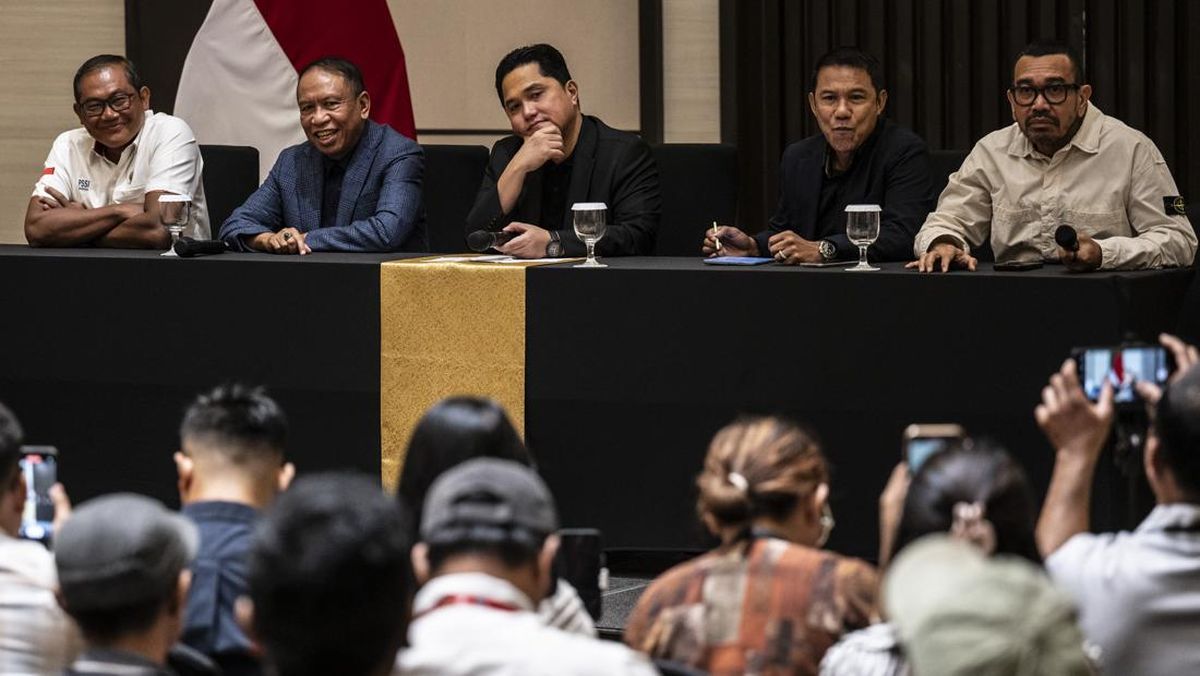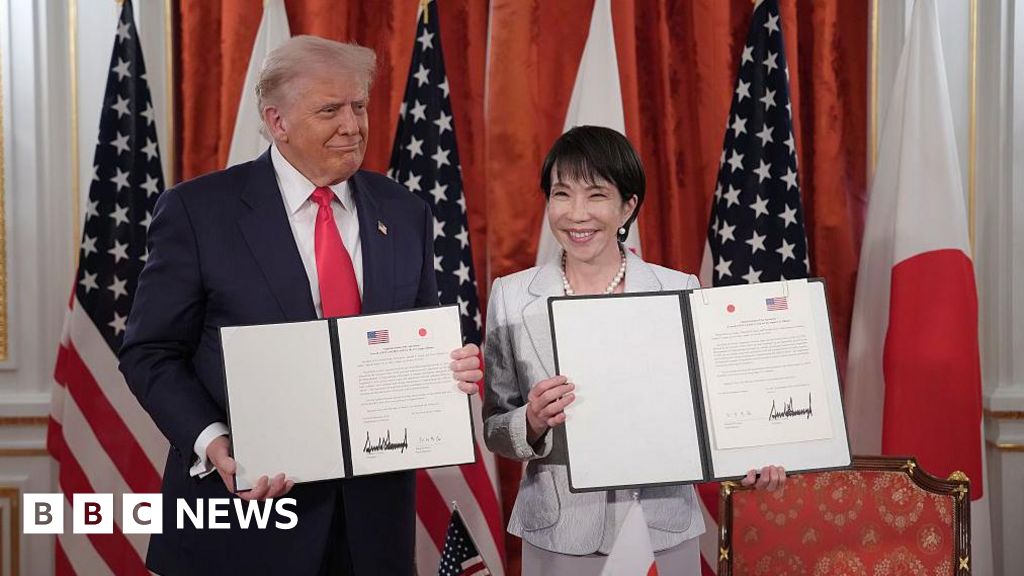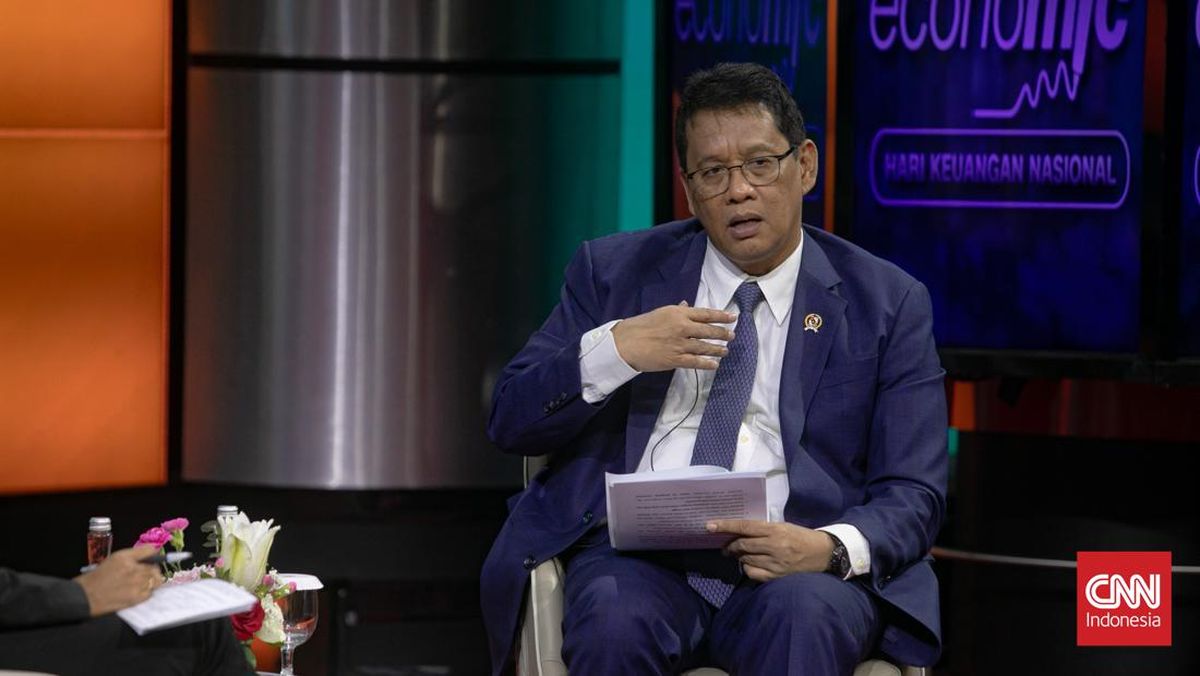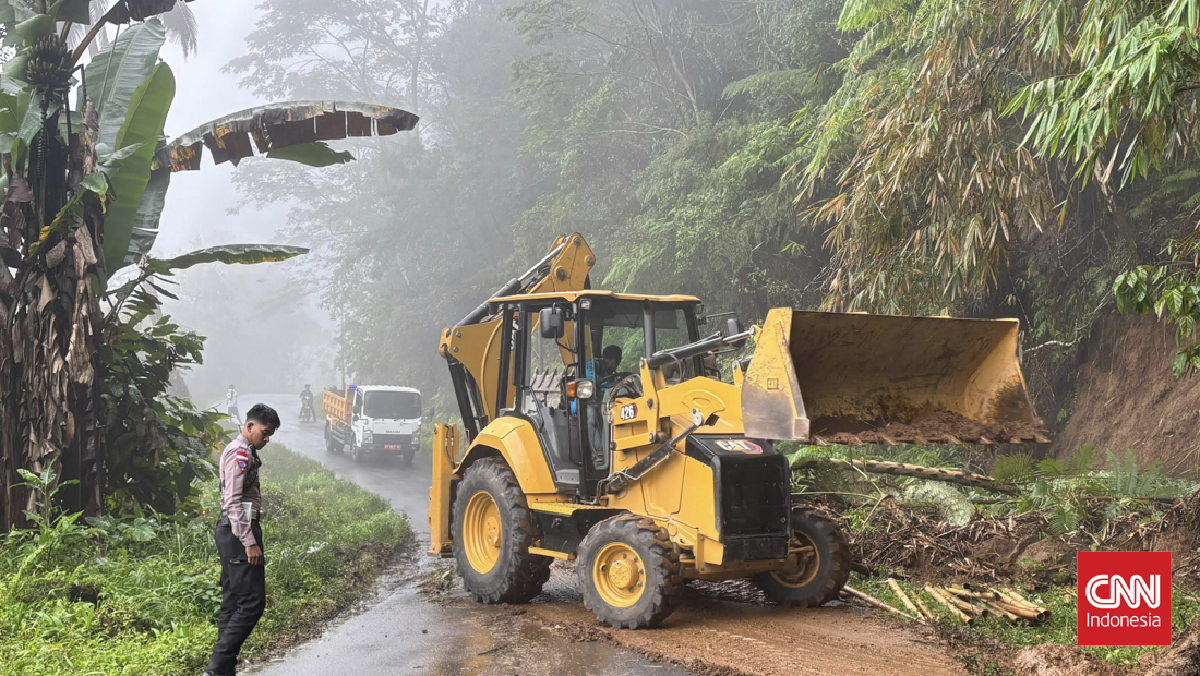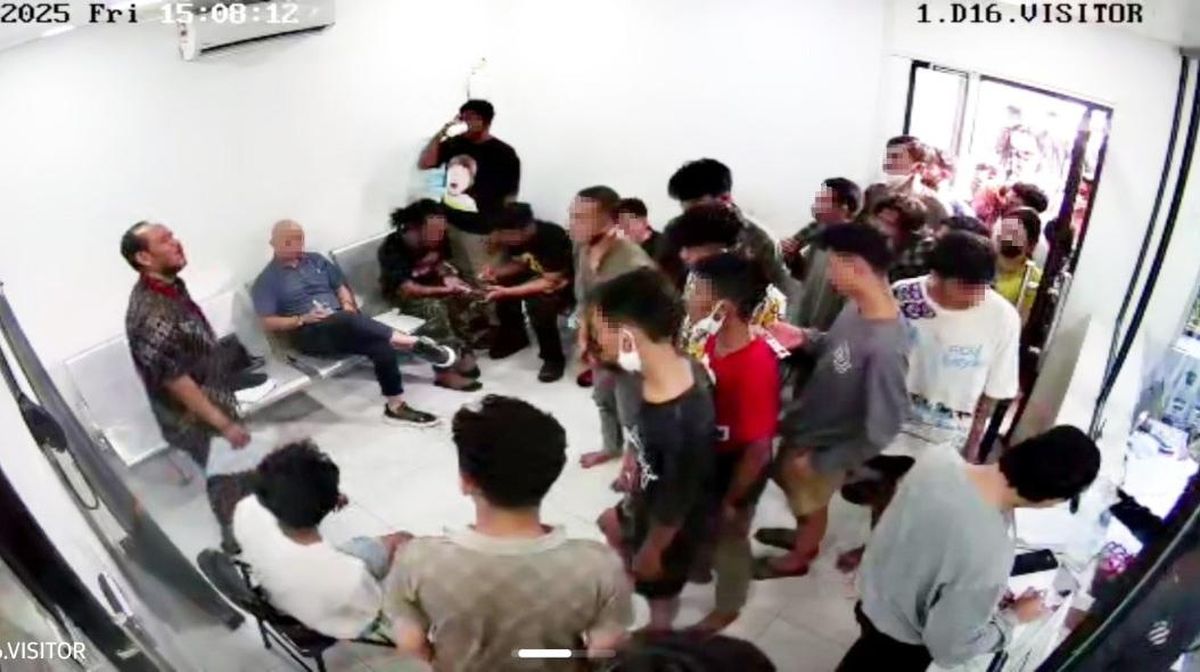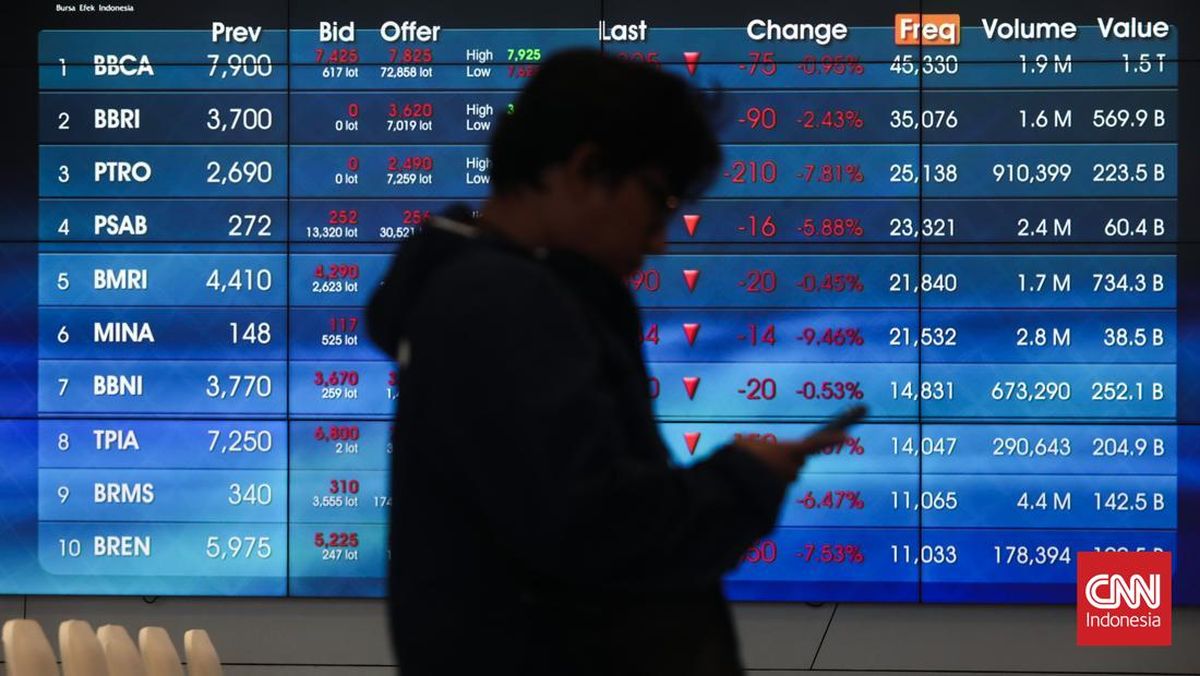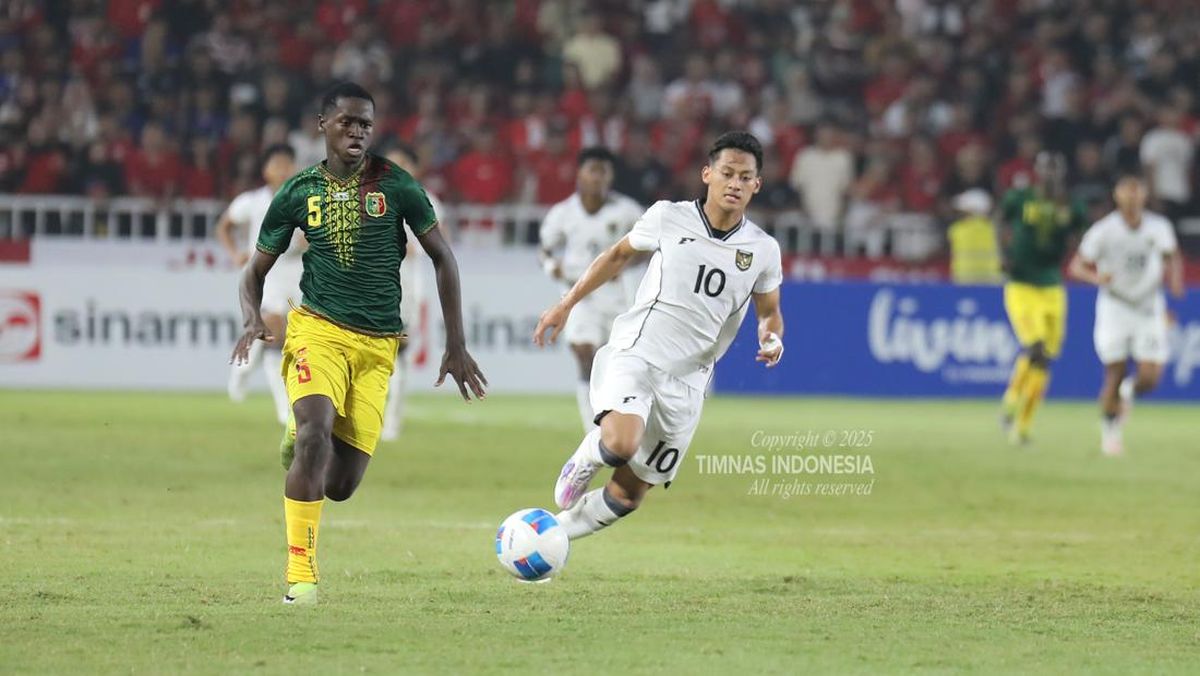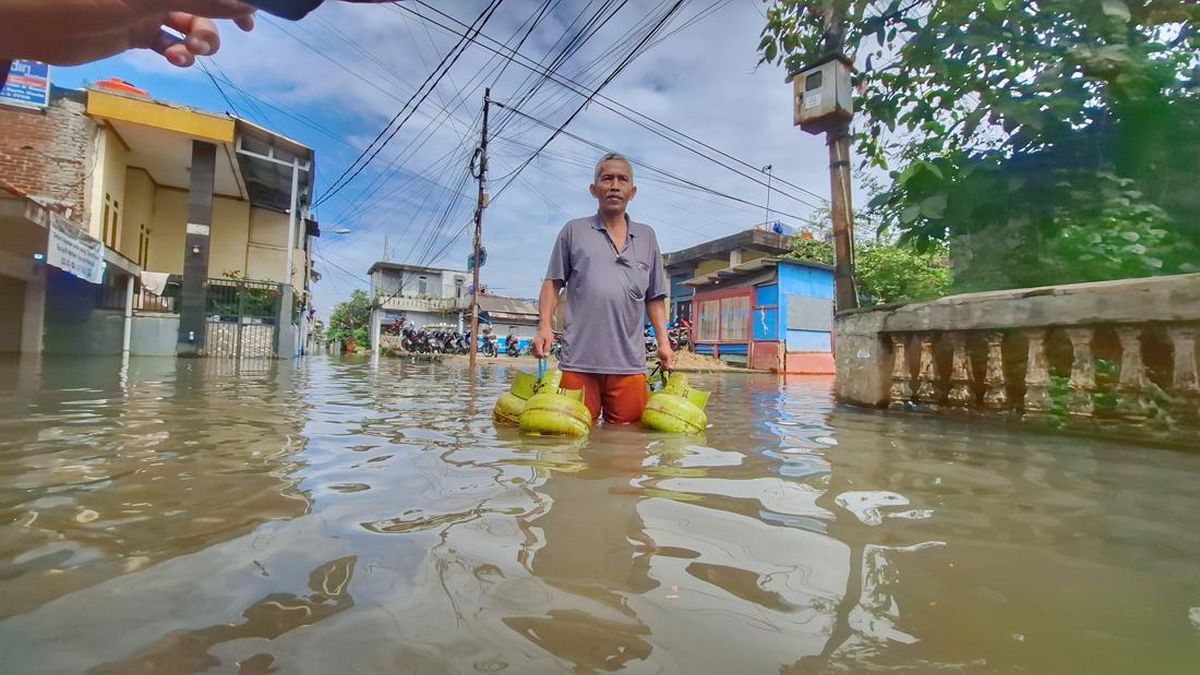Major political parties are accused of using secretive investment vehicles to funnel millions of dollars into their election campaigns ahead of a high-stakes High Court challenge to be heard early in the 2026 election year.
Fresh court documents, filed on Monday, expose the vast war chests of Victoria’s major parties, whose multimillion-dollar fundraising arms are shielded from donation caps through a special exemption in Victoria’s electoral laws.

Victoria’s major political parties will face a High Court showdown over millions of dollars held in secretive funding vehicles.Credit: Alex Ellinghausen
Two independent candidates – Paul Hopper, who contested the Werribee byelection in February, and Melissa Lowe, who ran as a “teal” independent in the seat of Hawthorn in 2022 – are seeking to have this exemption removed, and argue it gives Labor and the Coalition an unfair edge over independents and newer parties, and breaches the implied freedom of political communication.
The plaintiffs’ submission shows the three nominated entities – the Liberal Party’s Cormack Foundation, Labor’s Labor Services & Holdings and the Nationals’ Pilliwinks – collectively directed millions of dollars to their respective political parties before the 2022 election while remaining exempt from the same cap of $4850 per donor that applies to other candidates.
The carve-out dates back to 2018, when then-premier Daniel Andrews overhauled political funding laws in a move he promised would give Victoria the “strictest donations laws in the country”.
While the overhaul sharply tightened donation caps, it provided an exemption to pre-existing entities under a legacy clause that allows them to move uncapped amounts to Labor and the Coalition parties. Critics say that carve-out undercuts the integrity claim it was meant to serve.

Paul Hopper says the major parties have an unfair spending advantage over independents and newer parties.Credit: Luis Enrique Ascui
The plaintiffs claim the exemption effectively allows the “legacy parties” to drown out competitors and entrenches their dominance in Victoria.
According to court documents, Labor’s nominated entity, Labor Services & Holdings Pty Ltd, which operates as trustee of the Labor Services & Holdings Trust, had “substantial assets in each financial year between 2018 and 2024”.
At June 30, 2024, the LSH Trust reported net assets of $3.1 million, including $8.6 million in cash and liabilities of $6.2 million listed as unpaid distributions to beneficiaries, the plaintiffs’ submission says.
In the 2023 financial year – which included the 2022 state election – the Victorian branch of the ALP received $4.6 million from the trust.
The Cormack Foundation, aligned with the Liberal Party’s Victorian division, reported net assets of almost $90 million at June 2024 and annual revenues of between $3 million and $6 million, mostly from share dividends, in each financial year from 2018 to 2024.
At the 2022 election, the foundation donated $1.5 million to the Victorian Liberals.
The Nationals’ vehicle, Pilliwinks Pty Ltd, is trustee of the National Party Foundation Trust. Court documents show that between 2018 and 2024, it took in $2.6 million in investment income. Ahead of the 2022 election, the Victorian branch of the National Party received $200,000 from Pilliwinks.
Hopper and Lowe argue that the assets and funds of the nominated entities “significantly exceed what could realistically be lawfully raised” by any new political party where all donations would be subject to the general cap.

Melissa Lowe (centre) on the 2022 election night. Lowe is one of the independent candidates challenging the validity of Victoria’s electoral laws.Credit: Scott McNaughton
“The effect of the 2018 Amendment Act is to provide a source of uncapped funds that is able to be used for political expenditure which is available only to the legacy parties,” their submission says.
“The practical effect ... is that however well a challenger may campaign to attract donations ... the legacy parties in pursuing their political objectives are permitted, without constraint, to outspend those challengers thereby entrenching their more dominant positions in the electorate.”
The submission claims Lowe – who spent about $181,000 on her 2022 campaign in Hawthorn, where she polled almost 20 per cent of first-preference vote but finished third – could have raised another $50,000 to $200,000, “including monetary donations and additional services from Climate 200” if the caps did not apply.
Former Federal Court judge Ron Merkel, SC, has been briefed to argue the independents’ case, which is expected to be heard in early February.
The plaintiffs argue that if the exemption was removed ahead of the 2026 election, the rest of the legislation could continue to operate as intended, with all parties subject to the same limits and disclosure requirements.
Failing that, they argue that the entire donation-cap framework should be struck down, on the basis it restricts independents and new parties from raising funds while leaving the major parties’ financial arms untouched.
The court action comes after an independent review, chaired by former Victorian Electoral Commission deputy commissioner Elizabeth Williams, recommended axing the “nominated entities” exemption as part of a 2024 inquiry.

Professor Joo-Cheong Tham.
University of Melbourne Law School Professor Joo-Cheong Tham told The Age the independents challenging the nominated entity carve-out had a “compelling case”.
“This provision provides an unfair advantage to the Labor Party, the Liberal Party and the National Party,” he said.
He said the government should immediately act on the recommendations of the review and avoid the High Court battle.
Climate 200, the political fundraising body that supports candidates who back climate action and backed Lowe at the 2022 poll, is among the donors helping fund the legal challenge.
Climate 200 co-convener Simon Holmes à Court said the Andrews-era campaign finance laws “unfairly entrenched a large, permanent and financial advantage to Labor and the Coalition” and reduced electoral competition and government accountability.
A government spokesperson said it was inappropriate to comment while the case was before court.
“We’ve introduced the toughest political donation laws in Australia to ensure Victorians know who makes political donations and when,” the spokesperson said.
Hopper said the major parties had rigged donation laws to make it harder for independents and minor parties.
“It’s not a level playing field and it’s voters who are missing out because they are being denied political choices,” he said.
Most Viewed in Politics
Loading

